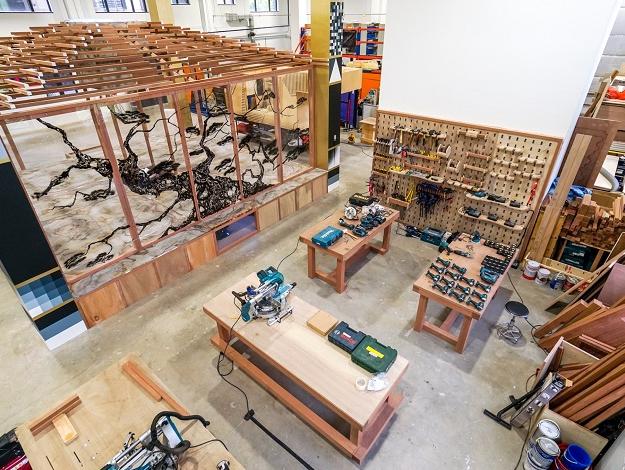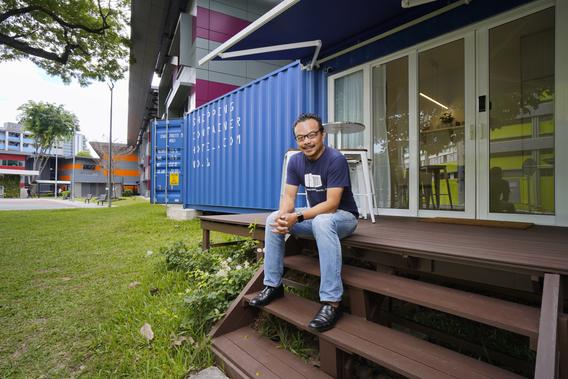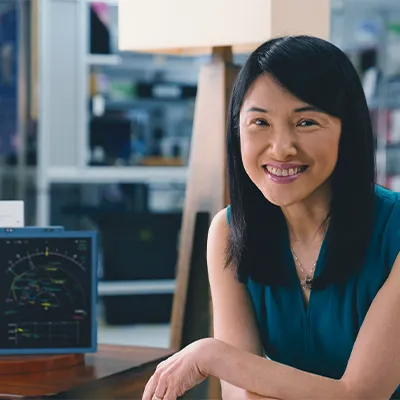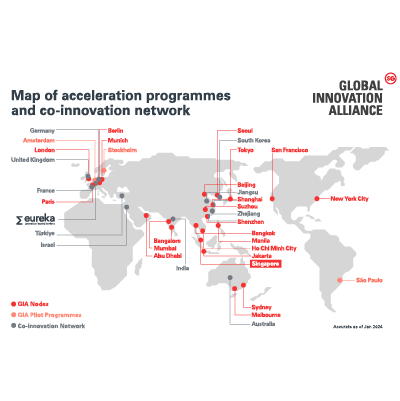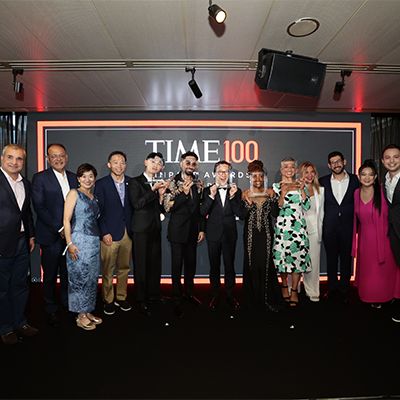The latest Global Startup Ecosystem Report 2021 released by research firm Startup Genome ranks Singapore among the top five countries in Asia and 18th globally. In the report, Singapore stood out in Funding, Connectedness and Market Reach. This is in part thanks to investments in the start-up ecosystem, such as the government-led Research, Innovation and Enterprise (RIE) 2025 plan to invest $25 billion in strategic areas. It’s also because of a thriving start-up environment that welcomes investors, incubators and more.
To foster a start-up ecosystem that enables them to germinate and thrive, JTC created the first LaunchPad at Ayer Rajah Crescent in 2015 after a successful pilot at Blk 71. It quickly became known as the “heart of Singapore’s start-up ecosystem”, welcoming start-ups in the infocomm, media, technology, biomedical sciences and other industries. Today, over 700 start-ups are based across JTC’s LaunchPad @ one-north and LaunchPad @ Jurong Innovation District.
Over the years, numerous successful start-ups have emerged from LaunchPad. They include 99.co and the unicorn start-up Carousell, which has become the de facto app for buying first- and second-hand goods across Asia. Another prominent start-up is ShopBack, which is set to enter a funding round that will value it a unicorn as well. LaunchPad also saw the exit of start-ups like nuTonomy (now known as Motional) that was acquired by Aptiv.
LaunchPad is much more than a commercial space. It’s a well-balanced ecosystem complete with the right partners and resources to take start-ups to the next level. Here are five things to know about LaunchPad.
Strategically located within a network of research institutes and ecosystem partners
JTC’s two LaunchPad developments are home to a vibrant ecosystem of innovators and enablers across emerging sectors, including food technology, sustainability, and mobility. Surrounded by specialised industry clusters and situated around industrial estates and tertiary education institutes catering to related fields, this creates a synergistic partnership between the two LaunchPads and their proximal corporates and institutes.
For example, at LaunchPad @ JID, start-ups researching and test-bedding new innovations will find synergies with Nanyang Technological University and research institutes and partners in the district like Advanced Remanufacturing and Technology Centre, and Hyundai Motor Group Innovation Centre. This presents great opportunity for cross-pollination of ideas and collaboration between the start-ups and these organisations.
Furthermore, Action Community for Entrepreneurship (ACE) ― the lead trade association supporting Singapore’s start-ups ― is also located within LaunchPad. Through them, start-up founders can connect with mentors and join learning workshops and networking events to gain insight on how to accelerate their growth.
Proximity to fellow trailblazers breeds familiarity (and potential partnerships)
The businesses at LaunchPad comprise a wide range of investors, incubators, start-ups and changemakers. This fosters opportunities for partnerships and powerful collaborations. Take Speco, an antimicrobial technology company carrying out R&D on various eco-friendly cleaning solutions, as an example. Their seed funding was raised from a LaunchPad enabler, raiSE, and their AI partner, Simpple, is also a LaunchPad start-up.
Another example is Switcheo, a fintech start-up that’s set to transform trustless solutions. It’s leveraged on the expertise and network of fellow LaunchPad start-ups Payboy and Highspark to raise funds and grow its team.
Conducive spaces for test-bedding and prototyping
Many LaunchPad start-ups are testing solutions for the cities of tomorrow. At JID, the Alternative Universal Design of A City — or AUDACITY in short — is an ambitious project aimed at empowering innovators to design the city of the future. To help companies build prototypes, a co-shared makerspace and creator studio called mFac has been created. mFac doubles as a community hub where start-ups can learn from each other, exchange knowledge and collaborate on projects big or small. From urban farming to circular systems, they are planting the seeds for a more liveable world.

